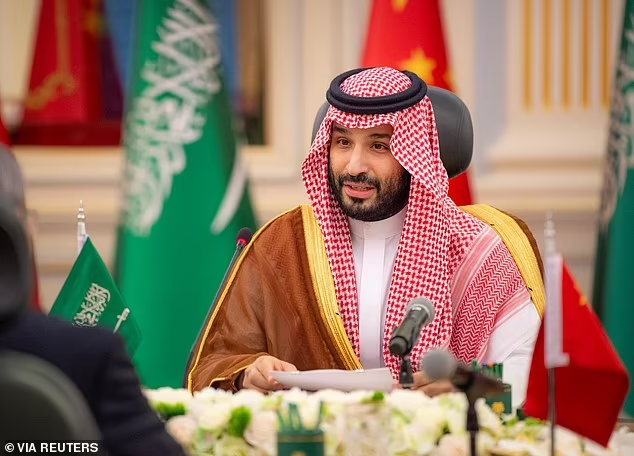Saudi Arabia has executed more than 300 individuals in 2024, according to an AFP count, following the announcement of four executions on Tuesday, December 3, which brought the total number to an unprecedented level.
The executions were carried out against three individuals convicted of drug smuggling and one for murder, as reported by the official Saudi Press Agency, citing the interior ministry.
This brings the total number of executions for the year to 303, based on state media reports.
By the end of September 2024, Saudi Arabia had already executed 200 people, signaling a rapid increase in the number of executions in recent weeks.
In 2023, Saudi Arabia ranked third in the world for executions, following China and Iran, according to Amnesty International.
The previous record for executions in a single year in Saudi Arabia was 196, set in 2022, according to the London-based human rights group, which has been tracking such data since 1990.
Taha al-Hajji, legal director of the European Saudi Organization for Human Rights (ESOHR), condemned the “rocket-speed” pace of executions in 2024, calling it “incomprehensible and inexplicable.”
The Kingdom has also faced criticism for its crackdown on free speech, exemplified by the recent sentencing of Saudi artist Mohammed al-Hazza, 48, to more than two decades in prison for political cartoons allegedly insulting the country’s leadership.
Under Crown Prince Mohammed bin Salman, the Saudi judiciary has convicted and sentenced dozens of individuals to lengthy prison terms in the past two years for their social media expressions, according to human rights groups like Amnesty International and ALQST.
Saudi officials assert that those convicted were guilty of terrorism-related offenses.
“The case of Mohammed al-Hazza is a clear example of the suppression of freedom of expression in Saudi Arabia, which affects everyone, including artists,” said Samer Alshumrani, operations manager for Sanad, speaking to AFP. “This is facilitated by the politicized, non-independent judiciary in Saudi Arabia.”
Al-Hazza’s sentencing came just days after Saudi Arabia was denied a seat on the UN Human Rights Council in October.

